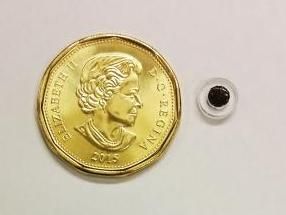Capsule that can target prostate cancer
Advertisement
A new approach for sensing and detecting cancer cells using a hydrogel capsule could lead to a more accurate prognosis of prostate cancer.
Itaru Hamachi and his team at Kyoto University, Japan, have designed a mechanically tough hydrogel that forms a stable capsule in both aqueous and cellular media. The capsule not only selectively detects prostate cancer cells, but also releases a fluorescent drug into the targeted cells upon binding. This is achieved by the presence of an enzyme in the cancerous tissue that causes the capsule to be cleaved open. The drug is then free to bind to the surface of the prostate cancer cells and be internalised (taken into the cells), enabling scientists to view fluorescent imagery from within the diseased cells.
These hydrogels also have a distinct advantage over conventional polymers because they are degradable under biological conditions, which is a useful property for a potential drug delivery vehicle to have if this approach is to be applied to future clinical diagnostics and treatments.
Cancer of the prostate tends to develop in men over 50 and is slow-growing and often symptom-free. Diagnosis is usually determined by routine blood tests measuring prostate specific antigen (PSA) levels. But controversy over their reliability means further confirmation is usually needed by taking a biopsy and examining the tissue under a microscope.
Original publication: Masato Ikeda, Rika Ochi, Atsuhiko Wada and Itaru Hamachi, Chemical Science, 2010






















































